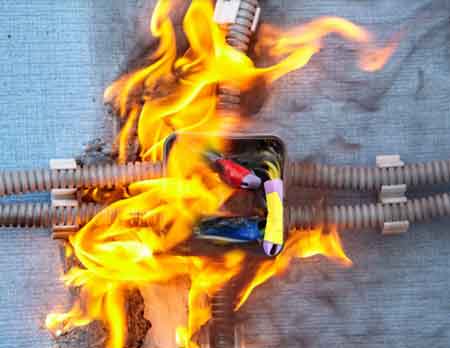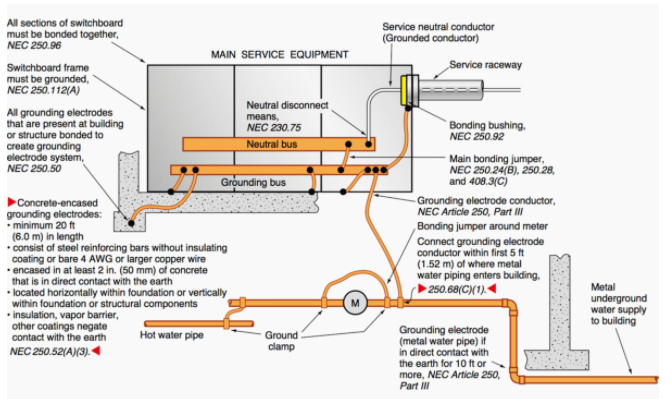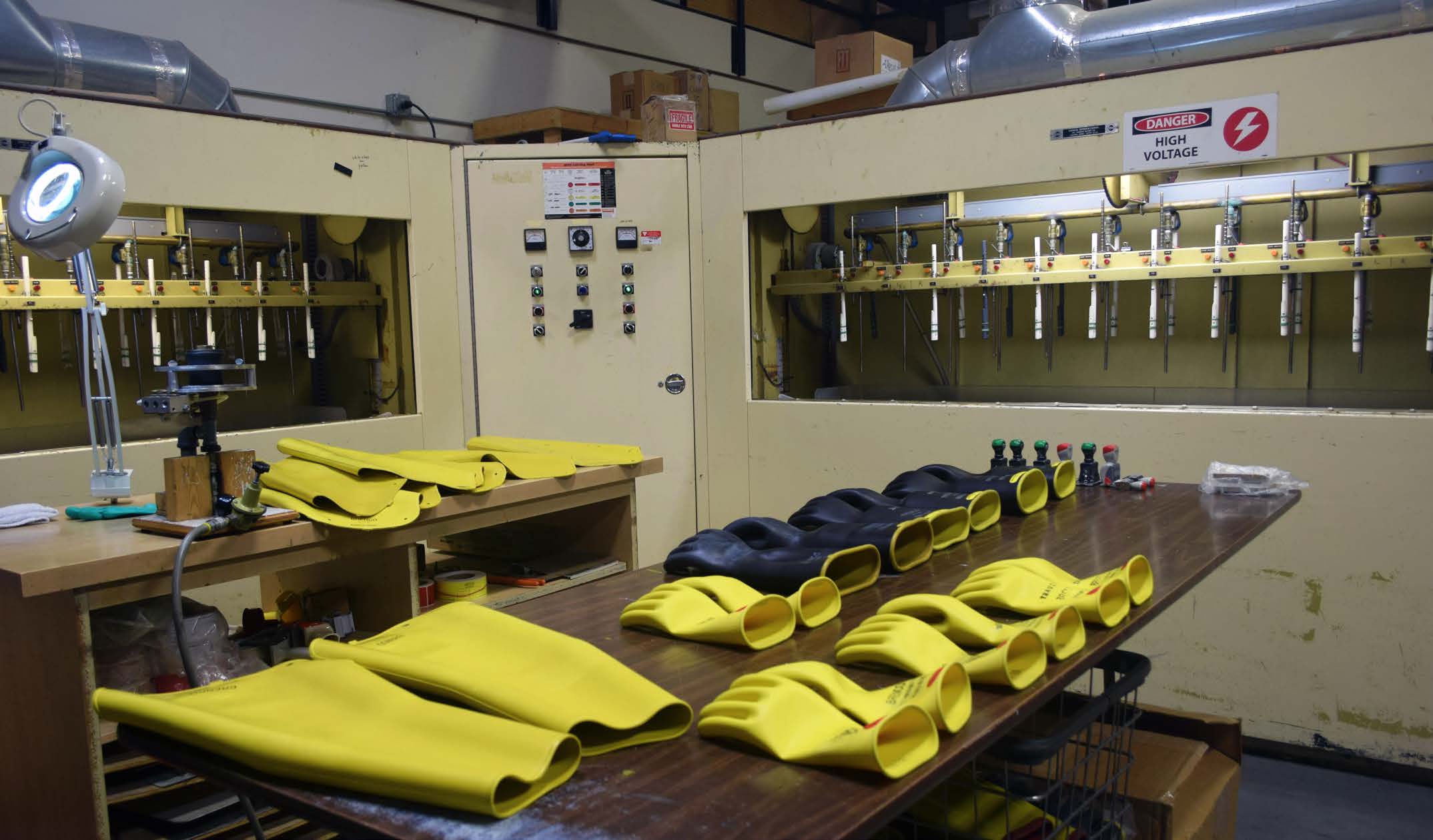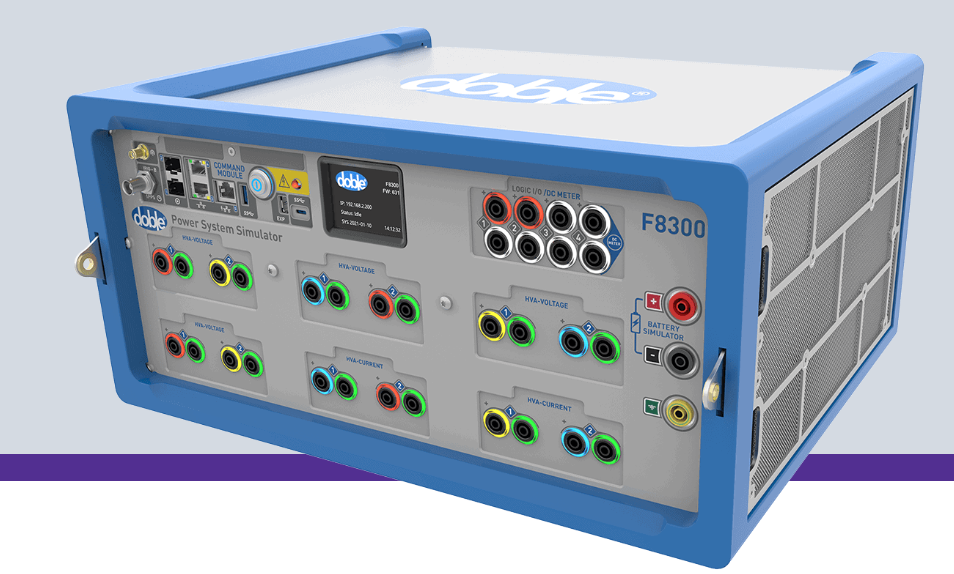Why Are Electrical Fires Especially Hazardous Explained?
By R.W. Hurst, Editor

NFPA 70e Training
Our customized live online or in‑person group training can be delivered to your staff at your location.

- Live Online
- 6 hours Instructor-led
- Group Training Available
Download Our OSHA 3873 Fact Sheet – Minimum Approach Distance and Training Requirements

- Calculate MAD using voltage and overvoltage values
- Ensure proper communication between host and contract employers
- Meet OSHA training requirements for qualified electrical workers
Electrical fires are especially hazardous due to hidden faults in wiring, risk of arc faults, and rapid spread through insulation. These fires pose serious safety hazards and require proactive fire safety measures to prevent injury and property damage.
Why Are Electrical Fires Especially Hazardous?
✅ They often originate within walls or ceilings, making them hard to detect early.
✅ Arc faults and overloaded circuits can ignite insulation and spread fire rapidly.
✅ Forgetting fire safety around outlets and wiring increases injury and property damage risks.
Request a Free Training Quotation
Electrical fires are particularly hazardous because they can be difficult to detect in their early stages. Faulty wiring, overloaded circuits, or faulty power outlets may overheat and spark a fire, often hidden behind walls or in attics. When the fire is visible, it may have already caused extensive damage, making it harder to control.
Another reason these fires are so dangerous is that they involve live electricity, which poses an electric shock risk to anyone trying to extinguish them. Using improper methods, such as water, can lead to electrocution, worsening the situation. Electrical fires can also spread quickly, especially if they ignite flammable materials like insulation, curtains, or furniture nearby.
Why Are Electrical Fires More Dangerous Than Other Types of Fires?
Electrical fires are more hazardous than other types of fires due to their potential for sudden and rapid escalation. Since they often originate from hidden sources, like light fixtures, extension cords, or power strips, they can go unnoticed until they have already spread. Additionally, fires caused by electrical issues can continue to burn as long as the electrical supply remains active, making it crucial to cut power at the source before attempting to extinguish the fire.
Electricity Today T&D Magazine Subscribe for FREE

- Timely insights from industry experts
- Practical solutions T&D engineers
- Free access to every issue
Unlike some other types of fires, ones cannot be extinguished using water due to the risk of electrocution. This makes the process of controlling the fire more complicated, requiring specific fire extinguishers designed for incidents.
Can Water Be Used to Extinguish an Electrical Fire?
No, water should never be used to extinguish an electrical fire. Water is a conductor of electricity, and using it on an electrical fire can cause serious injury or death from electric shock. Instead, a fire extinguisher rated for electrical fires, typically labelled as a Class C extinguisher, should be used to put out the flames without the risk of electrocution.
In cases where a Class C extinguisher is unavailable, the power to the affected systems should be cut off at the main circuit breakers before attempting to control the fire with any other type of extinguisher. This ensures that the current is no longer live, eliminating the risk of shock.
What Are the Main Causes of Electrical Fires?
Several factors can lead to electrical fires. Some of the most common causes include:
-
Faulty wiring: Old or damaged wiring can overheat or produce sparks that ignite surrounding materials. This is especially common in older buildings where systems may not have been updated.
-
Overloaded circuits: Plugging too many devices into a single circuit can cause overheating, which can lead to a potential fire.
-
Faulty outlets: Worn-out or damaged outlets can lead to short circuits, igniting a fire.
-
Light fixtures: Incorrectly installed or overloaded light fixtures can overheat, posing a fire risk.
-
Electrical Appliances: Faulty or poorly maintained appliances, such as heaters or refrigerators, can overheat and cause a fire.
-
Extension cords and power strips: Overusing these items, or using them inappropriately, such as plugging in high-wattage appliances, can cause them to overheat and ignite.
These potential fire hazards are often hidden in day-to-day use, making them easy to overlook until it’s too late.
Why Do Electrical Fires Often Occur Without Warning?
Electrical fires can occur without warning because the sources of these fires, such as faulty wiring or overloaded circuits, are often hidden within walls or ceilings. A fire may start from a spark in a location where it cannot be seen until the flames have spread. Many issues do not exhibit obvious symptoms until they have caused significant damage. For example, a surge protector that has been overloaded may fail suddenly, sparking a fire with little indication beforehand.
How Can Electrical Fires Be Prevented in Homes and Workplaces?
There are several steps you can take to prevent electrical fires and reduce the risk of damage and injury:
-
Regular inspections: Have a licensed electrician inspect your systems regularly, especially in older homes or buildings. Faulty wiring or faulty electrical outlets should be repaired or replaced immediately.
-
Avoid overloading circuits: Be mindful of the number of devices plugged into a single circuit. Use circuit breakers and surge protectors to manage the load safely.
-
Use extension cords and power strips properly: Never plug high-wattage appliances into an extension cord or power strip. These devices are not designed to handle large power loads and can overheat.
-
Keep flammable materials away: Ensure that light fixtures, appliances, and outlets are not located near flammable materials, such as curtains or paper.
-
Maintain appliances: Regularly check and maintain appliances to ensure they are in proper working order and free from faults that could cause overheating.
-
Use the correct fire extinguisher: Always have a Class C fire extinguisher nearby when working with electrical systems, and ensure all workers are properly trained to use it.
Following these steps can significantly reduce the risk of electrical fires in residential and commercial settings.
Sign Up for Electricity Forum’s Arc Flash Newsletter
Stay informed with our FREE Arc Flash Newsletter — get the latest news, breakthrough technologies, and expert insights, delivered straight to your inbox.
Electrical fires pose unique dangers due to their hidden nature, the risk of electric shock, and the difficulty in safely extinguishing them. Understanding the common causes of these fires, such as faulty wiring and overloaded circuits, is essential for both prevention and response. By regularly inspecting systems, using equipment properly, and ensuring that the correct fire extinguisher is available, you can greatly reduce the risk of a fire and protect both property and lives from this serious hazard.
Related Articles








